Have you ever felt nervous before a job interview? You’re not alone. Interviews can be intimidating, but improving your skills can boost your confidence and increase your chances of landing the job.
Small changes in your preparation and behavior can make a big difference.
Start by researching the company and the role you’re applying for.
Knowing their values and what they look for in an employee helps you tailor your answers.
Practicing common interview questions and answers with a friend or in front of the mirror can help you feel more at ease.
It’s also important to dress appropriately and arrive on time. This shows respect for the interviewer’s time and sets a positive tone from the start.
With the right preparation and mindset, you’ll be ready to impress and make a lasting impression.
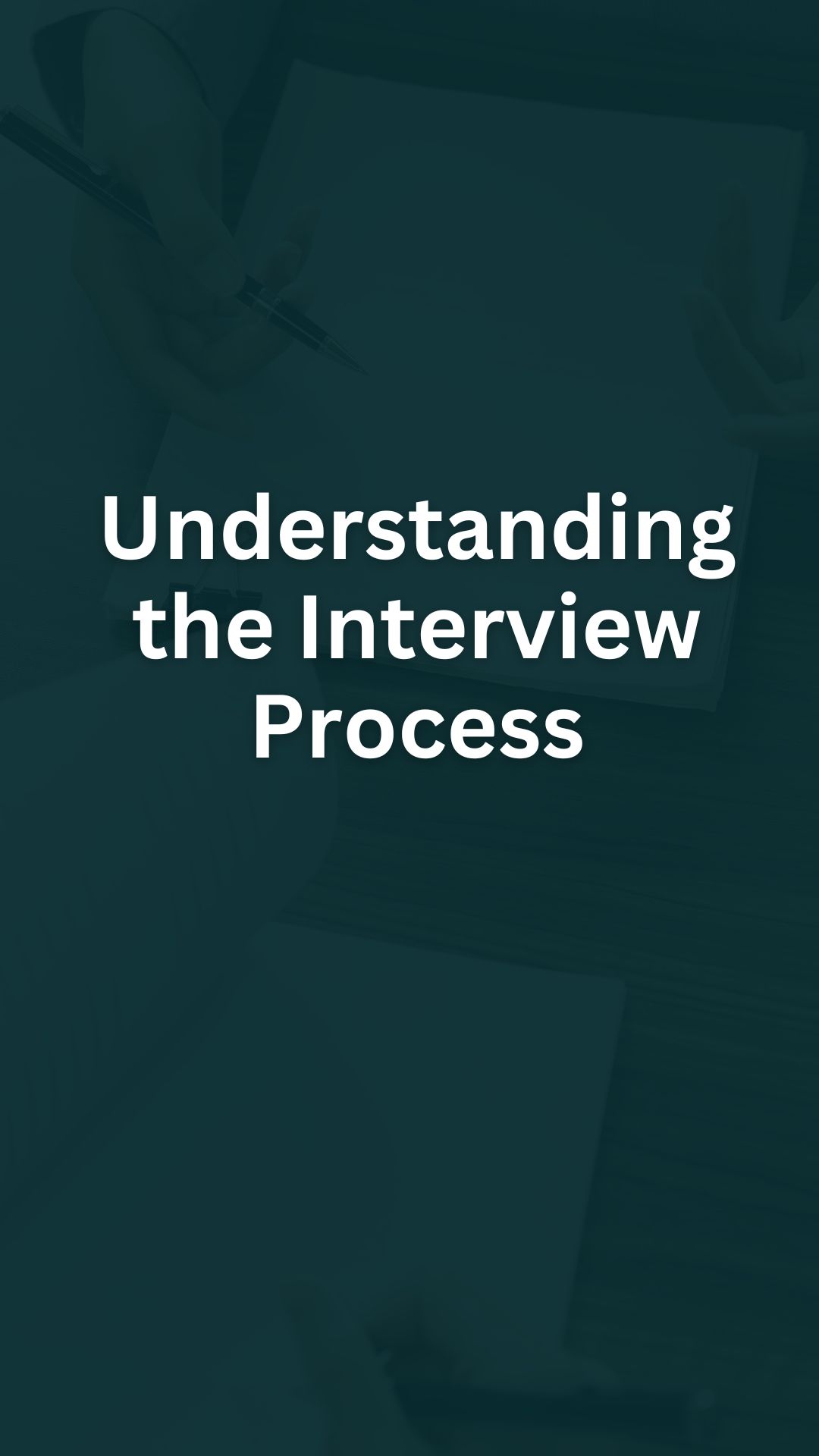
Understanding the Interview Process
The interview process can be scary, but knowing what to expect helps a lot.
Stages of an Interview:
- Phone Screen: This is usually a quick call to check your basic skills and interest.
- In-person or Video Interview: Here, you meet hiring managers and possibly team members.
- Technical or Practical Test: Sometimes, you might have to show your skills through a test or task.
- Final Interview: This stage can include higher management or more in-depth questions.
What Interviewers Look For:
- Skills and Experience: Do you have what is needed for the job?
- Cultural Fit: Do your values align with the company?
- Communication: Can you express your thoughts clearly?
- Problem-Solving: How do you handle challenges?
Types of Questions You Might Face:
- Behavioral Questions: “Tell me about a time when…”
- Situational Questions: “What would you do if…”
- Technical Questions: Focused on your area of expertise.
Dress Code:
- Professional: Suit, dress, or nice blouse and slacks.
- Business Casual: Polo or sweater with nice pants or skirt.
- Know Before: Always check the company’s dress code.
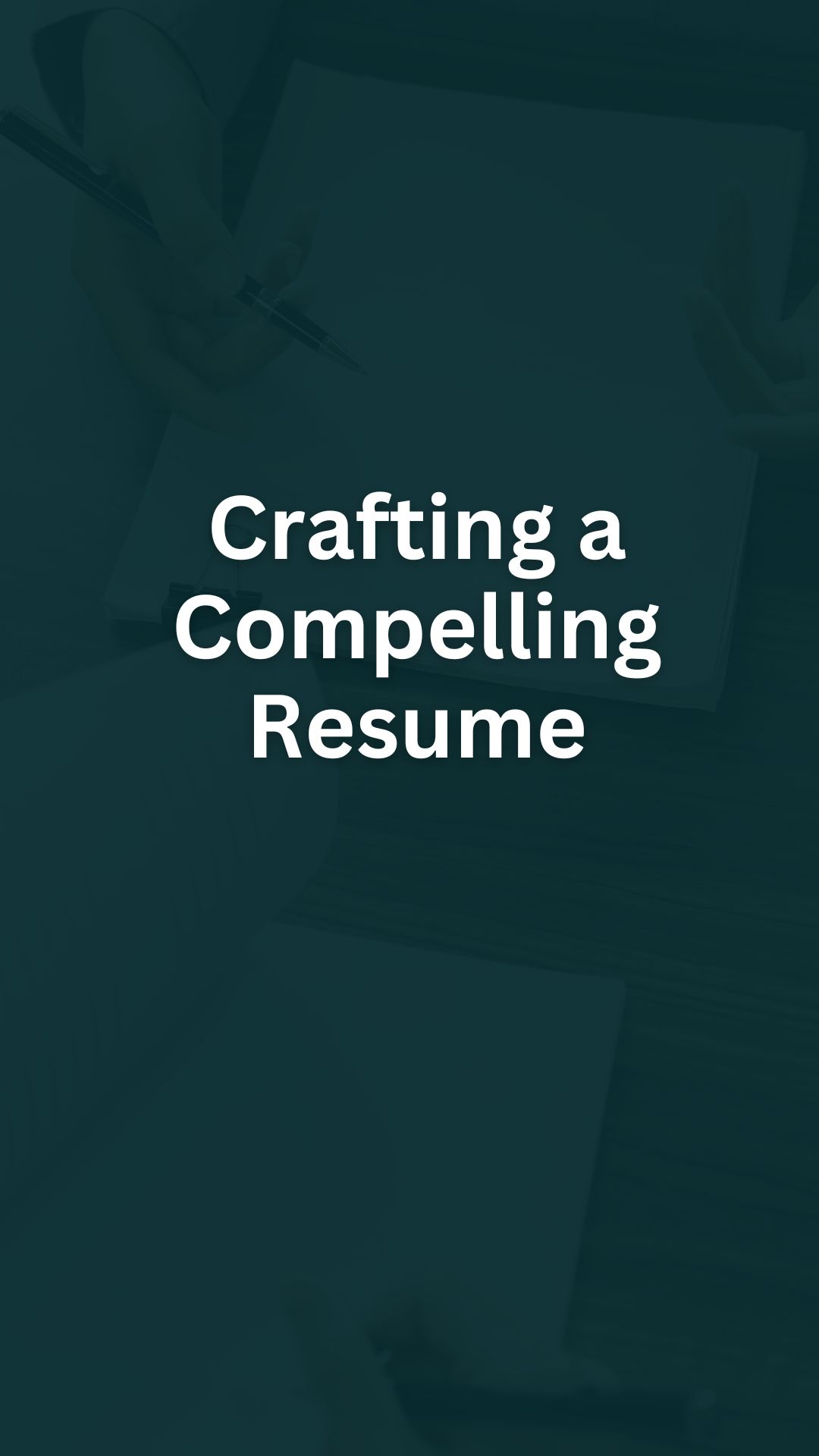
Crafting a Compelling Resume
Creating a resume that stands out can be your ticket to getting noticed. Learn how to highlight your best experiences and tailor your resume to match the job you’re aiming for.
Highlighting Relevant Experience
Focus on showcasing your most relevant work experience.
Start by listing your jobs in reverse chronological order, beginning with your current or most recent position.
Use bullet points to outline your responsibilities and achievements.
- Responsibilities: Explain daily tasks and duties clearly.
- Achievements: Share specific accomplishments with numbers when possible, like “increased sales by 20%.”
Keep your descriptions short and heavy on action verbs like “managed,” “led,” or “developed.” This makes your experience more engaging and easier to read.
Limit the total length to about one page, especially if you have less than 10 years of experience. Prioritize roles that closely relate to the job you are applying for.
Tailoring Your Resume to the Job Description
Every job is different, so your resume should be too.
Carefully read the job description and note the key skills and qualifications they seek.
Then, adjust your resume to highlight how your background matches those needs.
- Keywords: Include terms from the job description.
- Skills: Focus on skills that the employer values.
- Experience: Emphasize past roles that are similar to the one you are applying for.
Use a professional font and layout.
Avoid fancy graphics or multiple columns that might confuse automated screening systems.
Make your resume clear and concise to catch the employer’s attention quickly.
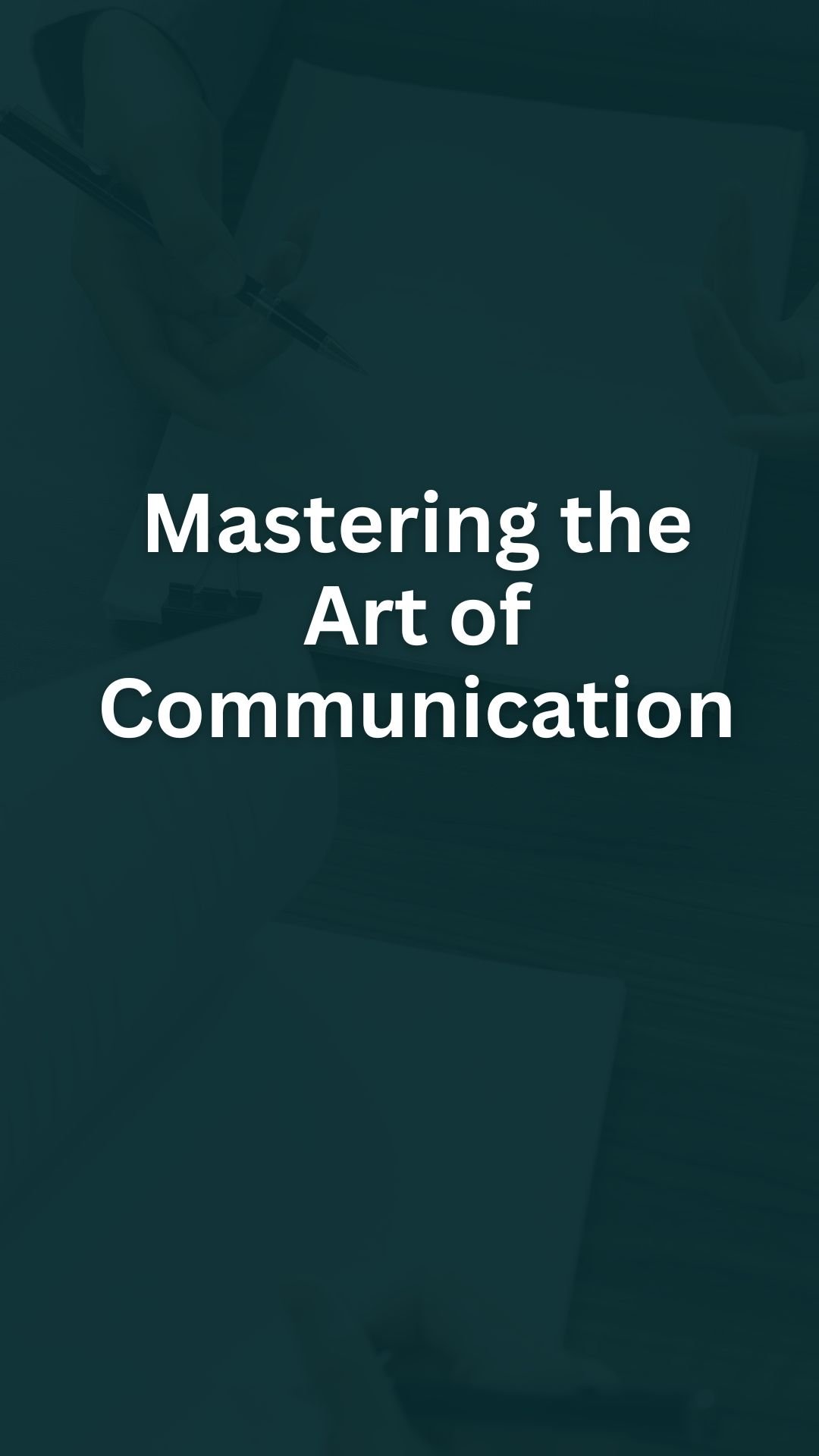
Mastering the Art of Communication
Communication is key in job interviews. You need confidence, the ability to engage, and good listening skills to make a strong impression.
Developing Confidence
Confidence shows you believe in yourself and your abilities.
To build confidence, start by practicing common interview questions.
When you practice, do it in front of a mirror or record yourself. This helps you see how you express yourself and make improvements.
Next, understand the job and the company. The more you know, the more confident you will feel.
Research the company’s values, products, and recent news.
This will make you feel prepared and less anxious.
Your body language matters too. Stand straight, make eye contact, and smile.
These simple actions can make you seem more confident and approachable.
Engaging Your Interviewer
Engaging your interviewer helps in making a memorable impression.
Start by being genuinely interested in the conversation. Show enthusiasm about the role and the company. Ask insightful questions about the team and projects.
Storytelling can be a good strategy.
Share relevant experiences that highlight your skills and achievements. This makes your answers more interesting and relatable.
Use your research. Mention specific things you learned about the company. This shows you’ve done your homework and are serious about the opportunity.
Effective Listening Skills
Listening is just as important as speaking.
Pay close attention to what your interviewer says.
When you listen carefully, you can provide more accurate and relevant responses.
Show you are listening by nodding and making eye contact.
These signals tell the interviewer you are engaged and interested.
Ask clarifying questions if needed.
Doing so shows that you are paying attention and want to understand the details. It also keeps the conversation clear and focused.
Avoid interrupting. Wait for your turn to speak. This shows respect and good manners.
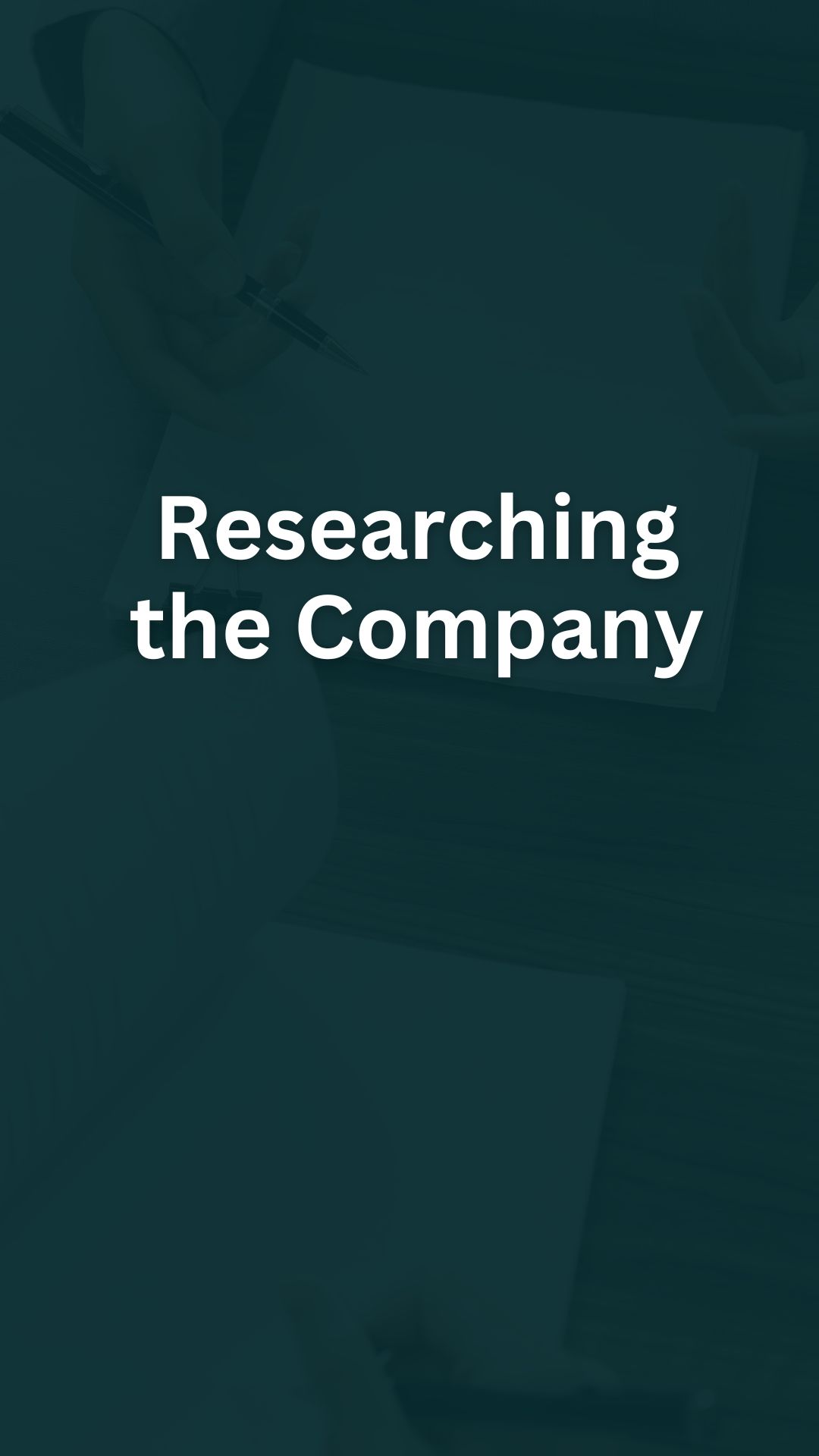
Researching the Company
When preparing for a job interview, it’s crucial to learn about the company. This knowledge shows you’re genuinely interested and helps you tailor your responses to the company’s needs.
Understanding Company Culture
Knowing the company’s culture helps you decide if it’s a good fit for you.
Check the company’s website and look for their mission statement, values, and recent news.
Social media can also give you insight into their atmosphere.
Look for employee reviews on sites like Glassdoor. This can provide a glimpse into daily work life.
Pay attention to common themes in reviews, both positive and negative.
Networking is another way. Ask current or former employees about their experiences.
Understanding the culture can help you craft answers that show you align with the company’s values.
Identifying Key Players
It’s important to know who the key players are in the company.
Begin by visiting the company’s “About Us” page. This often lists top executives and department heads.
LinkedIn is a valuable tool. Look up the profiles of executives and potential contacts in the company.
Knowing their backgrounds and roles can help you in the interview.
Company press releases and news articles can also highlight important figures.
Take notes on their contributions and any recent achievements they’ve been recognized for.
By knowing the key players, you can personalize your conversation and show you’ve done your homework.
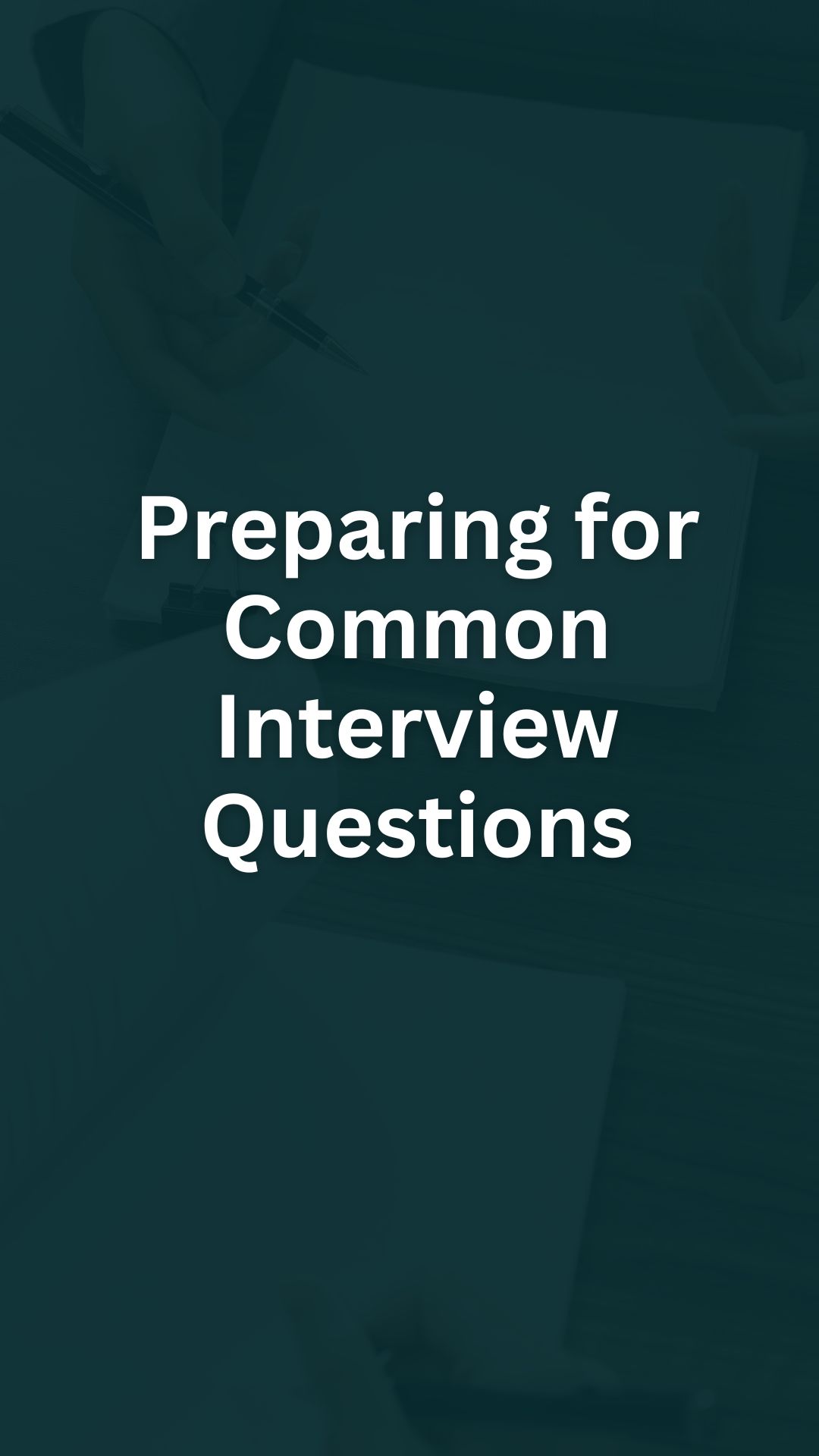
Preparing for Common Interview Questions
To shine in your job interview, practice answering common questions confidently by structuring your responses well and providing concrete examples. This makes your answers clear, specific, and impressive.
Structuring Your Responses
Craft your responses using the STAR method (Situation, Task, Action, Result).
Begin with a short explanation of the situation. Describe the task and what was required.
Follow with the actions you took to address the challenge. Finish with the results of your actions.
Use bullet points to outline your answers before the interview. This helps you stay organized and ensures you cover all parts of the question.
Practice speaking your answers out loud to make them natural and concise.
Providing Concrete Examples
Use real-life examples to back up your answers.
For instance, if asked about problem-solving, talk about a specific issue you encountered at work.
Explain what the problem was, the steps you took to solve it, and the positive outcome it led to.
Keep your examples relevant to the job you’re applying for.
Highlight skills and experiences that align with the job description. Use numbers or statistics where possible.
For example, “I increased sales by 20%” is more impactful than “I helped increase sales.”
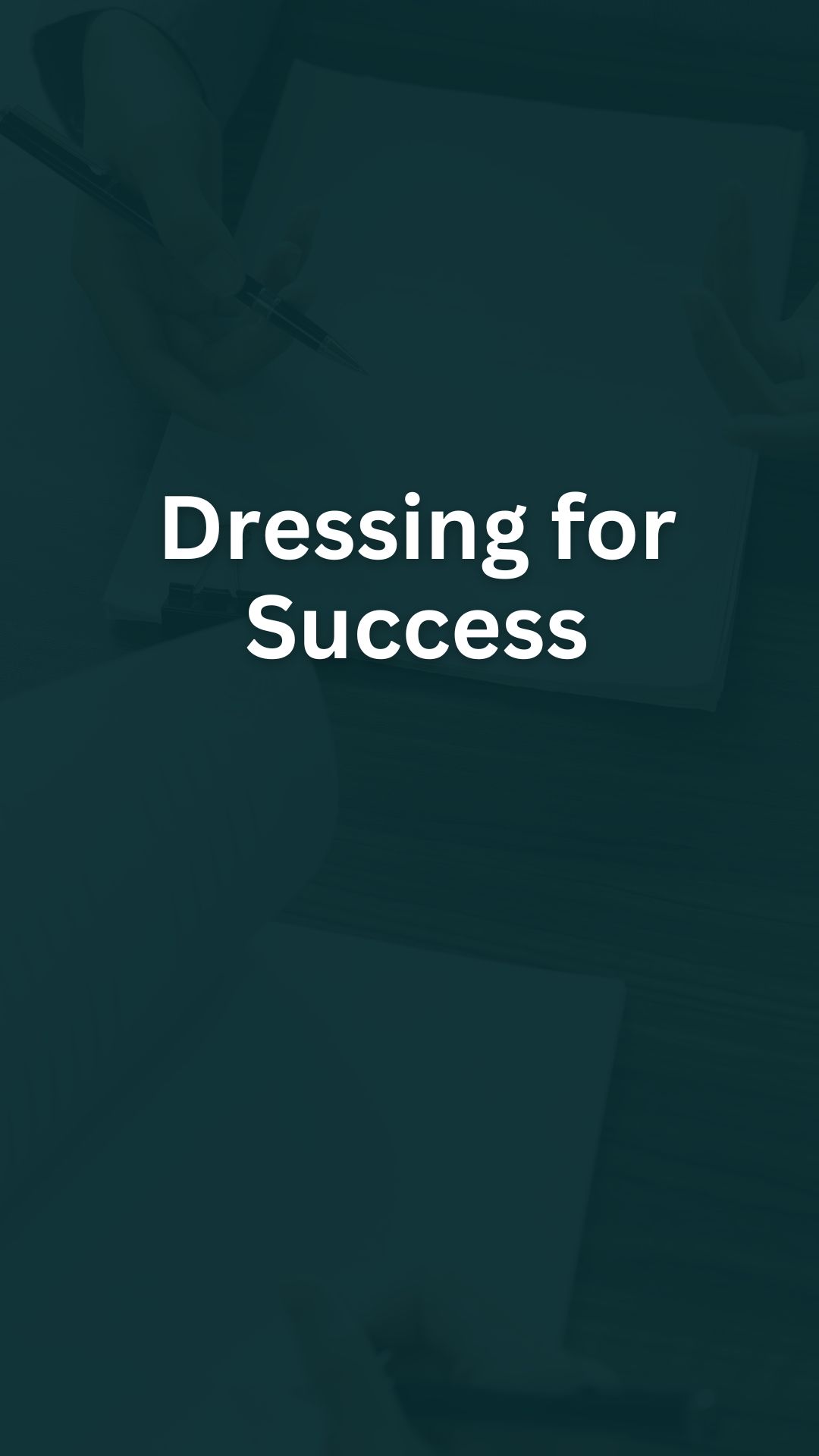
Dressing for Success
First impressions matter a lot in job interviews. Your outfit can set the tone. Choose clean and well-fitted clothes. A neat, professional look shows that you care.
Tips for Men:
- Shirt: Wear a collared shirt in a neutral color like white or blue.
- Pants: Go for dress pants or khakis.
- Shoes: Polished dress shoes complete the look.
- Accessories: Keep it simple. A tie and a watch are good choices.
Tips for Women:
- Blouse: A blouse or shirt in a solid color works well.
- Pants/Skirt: Choose dress pants or a knee-length skirt.
- Shoes: Wear closed-toe shoes or low heels.
- Accessories: Simple jewelry like earrings or a bracelet.
General Tips:
- Grooming: Keep hair neat and nails clean.
- Fit: Make sure clothes fit well, not too tight or loose.
- Colors: Stick with neutral colors like black, navy, or grey.
- Avoid: Strong perfumes or flashy accessories.
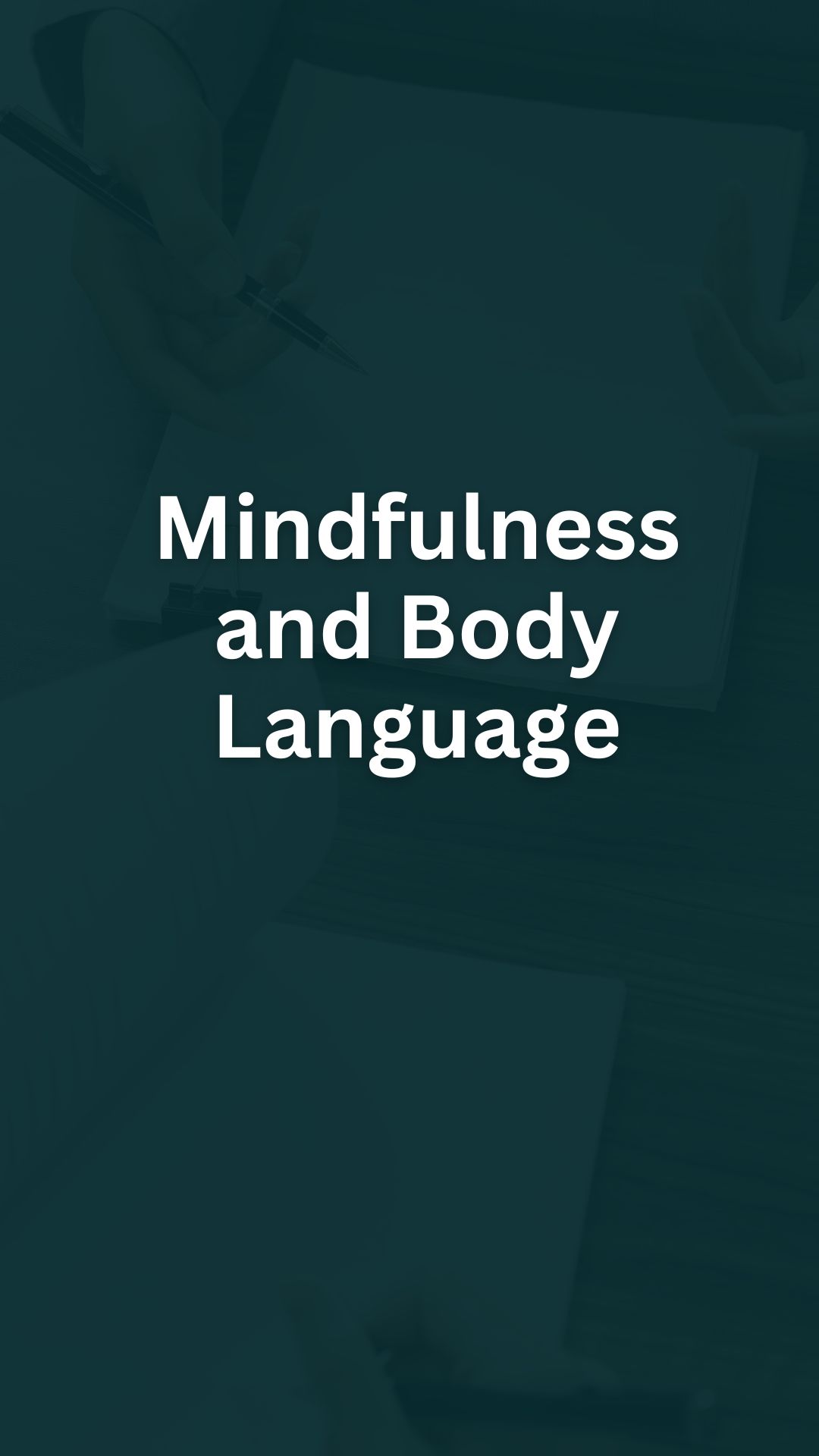
Mindfulness and Body Language
Mindfulness helps you stay present during the interview. At the same time, good body language shows confidence and interest.
Maintaining Eye Contact
Make eye contact with your interviewer to show you’re engaged.
It’s important not to stare, but to look at the person speaking to you.
This way, you appear confident and interested in the conversation.
Tips for Eye Contact:
- Look at the interviewer most of the time, but break it occasionally to avoid staring.
- Smile when appropriate to show warmth.
- Glance at their eyes, nose, or mouth for brief moments if you’re nervous.
Positive Gestures
Positive gestures can communicate enthusiasm and confidence.
Simple movements like nodding can show agreement and attentiveness. Avoid crossing your arms, as it might seem defensive or closed off.
Encouraging Gestures:
- Nod occasionally to show you understand.
- Use your hands to emphasize points, but keep it natural.
- Lean slightly forward to show interest.
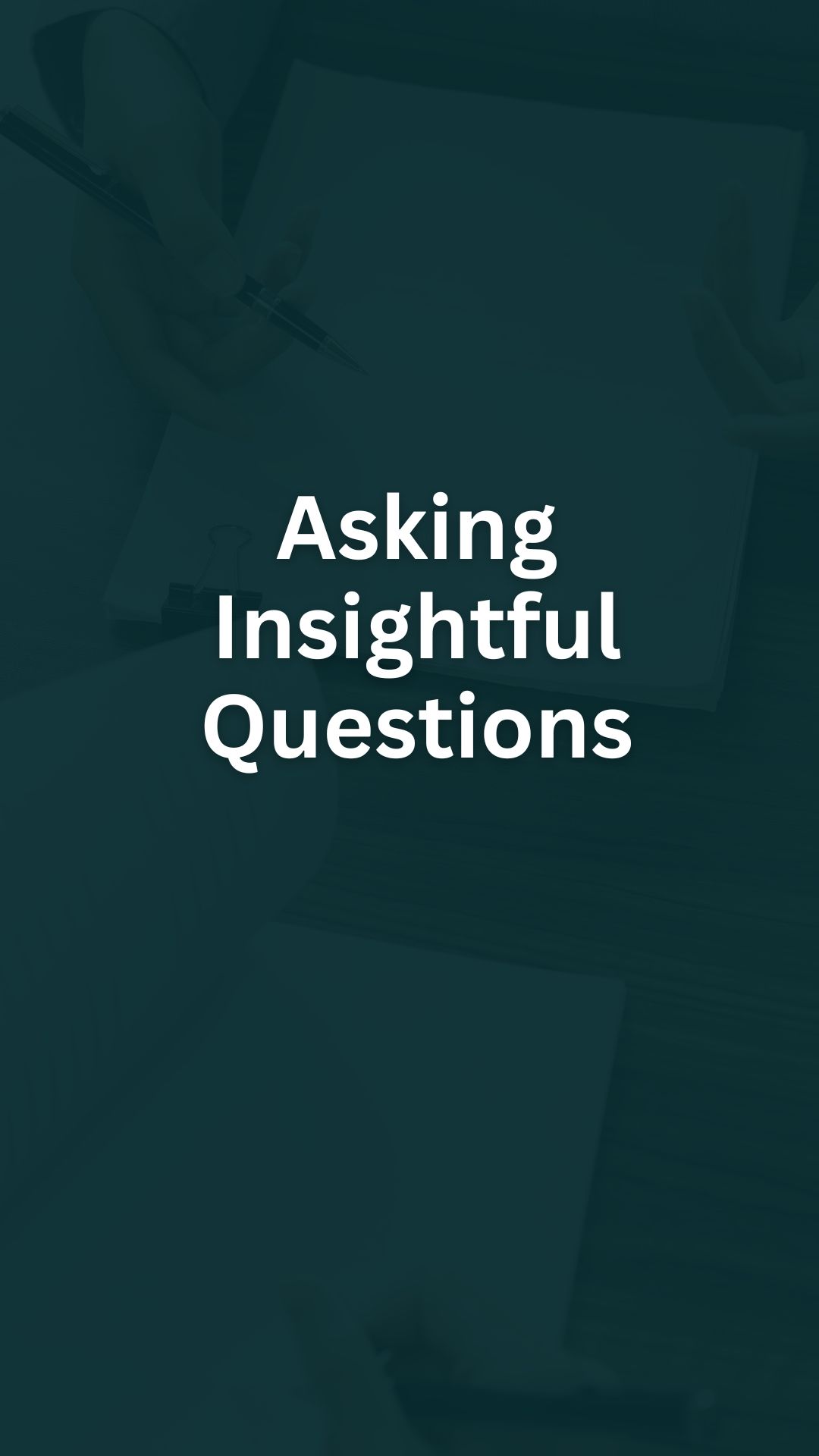
Asking Insightful Questions
When you are at a job interview, asking good questions shows you are interested. It also helps you learn more about the company and the job.
Examples of Insightful Questions:
- What does a typical day look like for someone in this role?
- Can you tell me about the team I will work with?
- What are the company’s biggest challenges right now?
- How do you measure success in this role?
- What are the next steps in the interview process?
Tips for Asking Insightful Questions:
- Research the Company: Before the interview, learn about the company. Find out what they do and what their goals are.
- Listen Carefully: During the interview, pay attention to what the interviewer says. Ask questions based on what you hear.
- Be Specific: Avoid questions that can be answered with a simple yes or no. Ask for details.
Benefits of Asking Good Questions:
- Shows you are engaged and interested.
- Helps you understand the job better.
- Makes you stand out from other candidates.
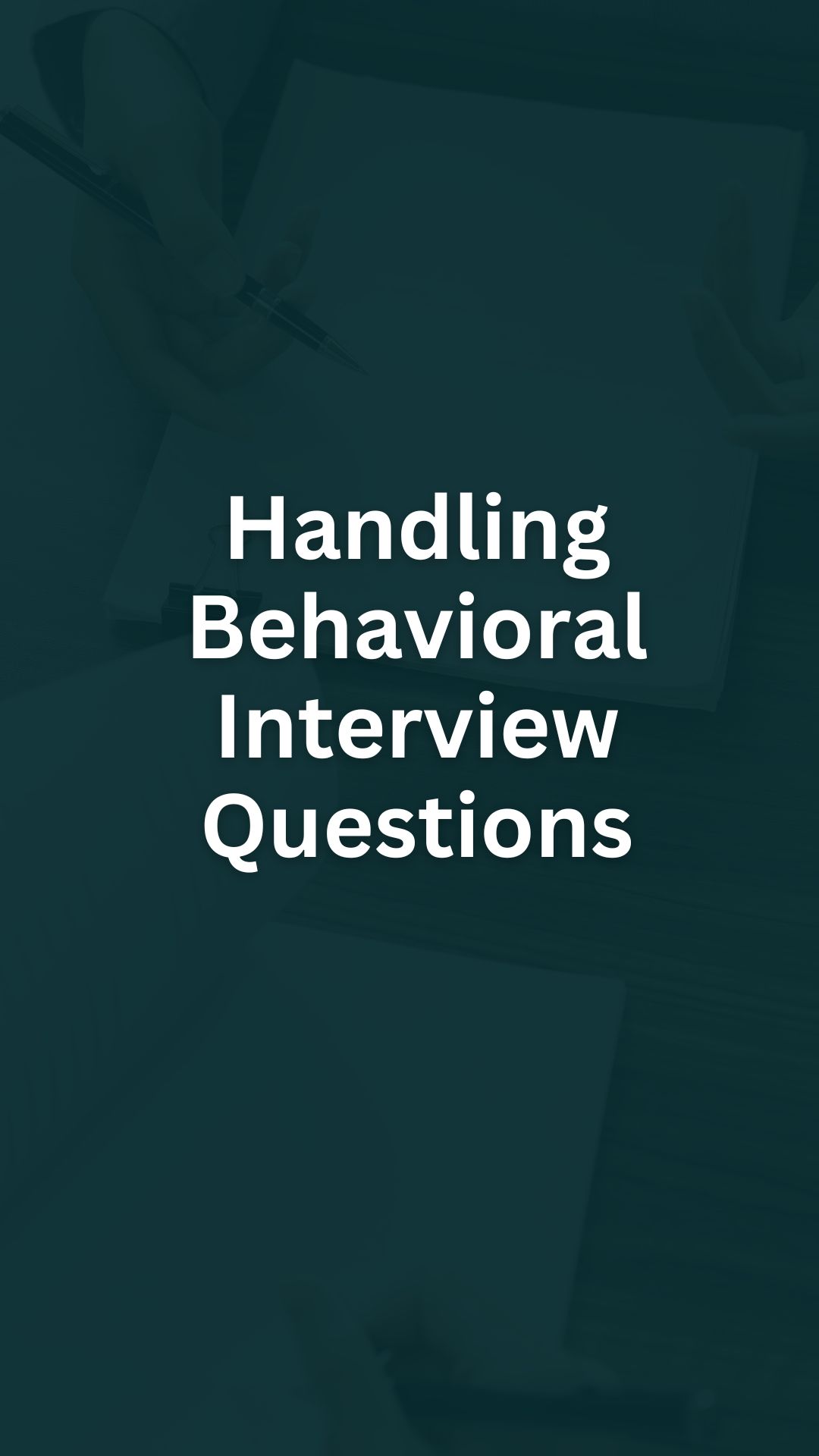
Handling Behavioral Interview Questions
Behavioral interview questions can be tricky. You need to show what you have done in the past to prove what you can do in the future.
Use the STAR method:
- Situation: Describe the context.
- Task: Explain your role.
- Action: Detail what you did.
- Result: Share the outcome.
Practice common questions:
- “Tell me about a time you worked in a team.”
- “Describe a challenging project you completed.”
- “How do you handle conflict?”
Be specific. General answers won’t cut it. Talk about real events with clear examples.
Stay focused on your actions. Highlight your contributions and achievements.
Prepare stories. Think of examples from various roles, both work and school if necessary.
Consider using a notebook to jot down potential responses. It helps you keep your answers organized and clear.
Practice with a friend. Share your stories and get feedback. Practicing out loud makes a big difference!
Stay calm and confident. Remember, they want to know about you and your experiences.
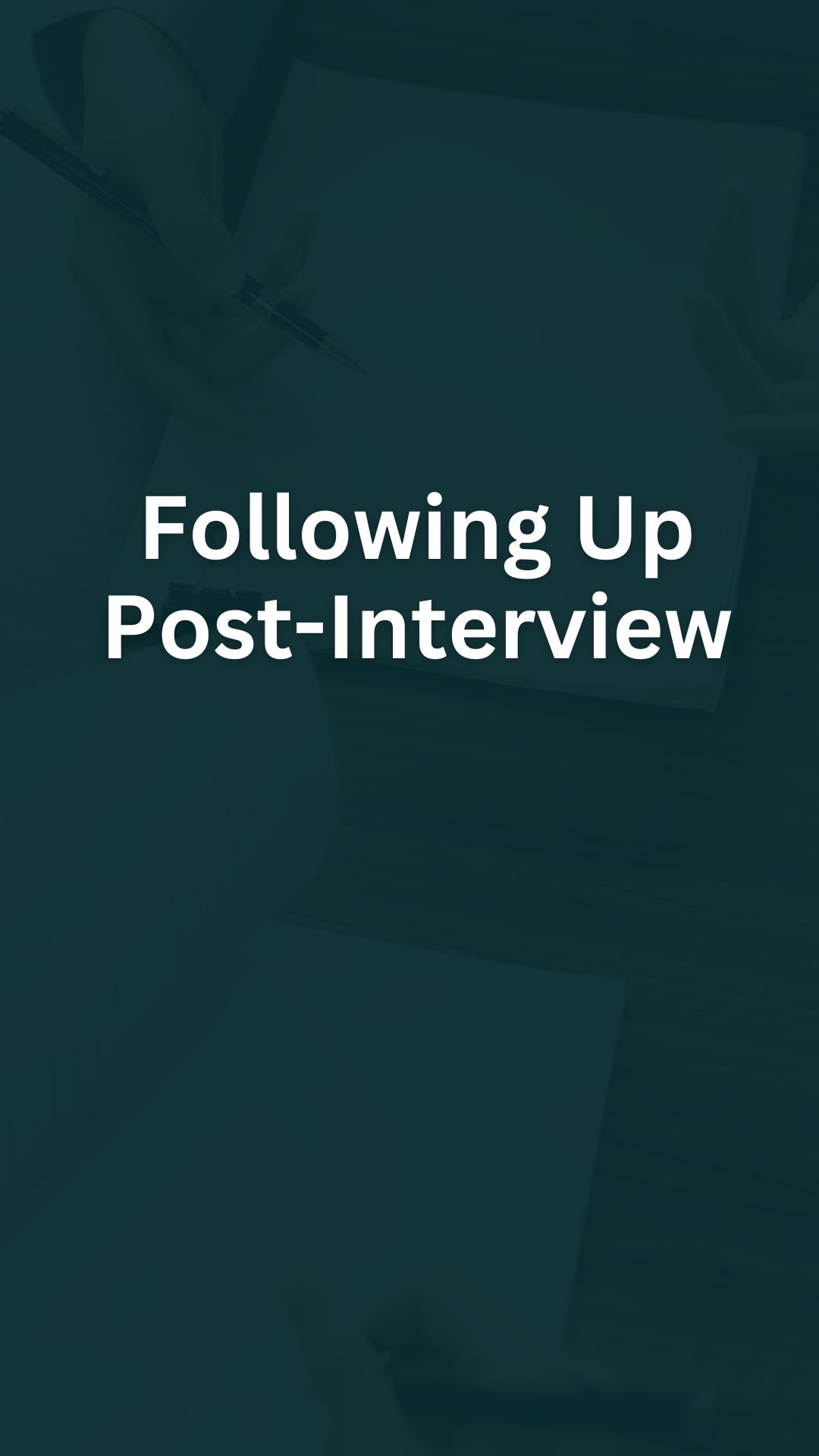
Following Up Post-Interview
Following up after a job interview is a crucial step. It shows appreciation and allows you to reflect on your performance to improve for the future.
Writing a Thank-You Note
Sending a thank-you note is a great way to show gratitude. It can be an email or a handwritten note, but make sure to send it within 24 hours of your interview. Mention specific details from the interview to make it personal.
Start by thanking the interviewer for their time. Mention one or two highlights from the conversation that make you excited about the opportunity. Reaffirm your interest in the position and the company’s mission.
Keep it short and sincere. A well-crafted thank-you note can leave a lasting impression and help you stand out from other candidates.
Analyzing Your Interview Performance
After your interview, take some time to reflect on how it went. Think about the questions that were asked and how well you answered them. Write down what you feel went well and areas where you could improve.
Ask yourself if you were clear and concise. Did you highlight your strengths effectively? Consider any moments where you felt less confident and think about how you could handle them better next time.
This self-assessment will help you prepare for future interviews. Honest reflection is key to continual improvement and success in your job search.
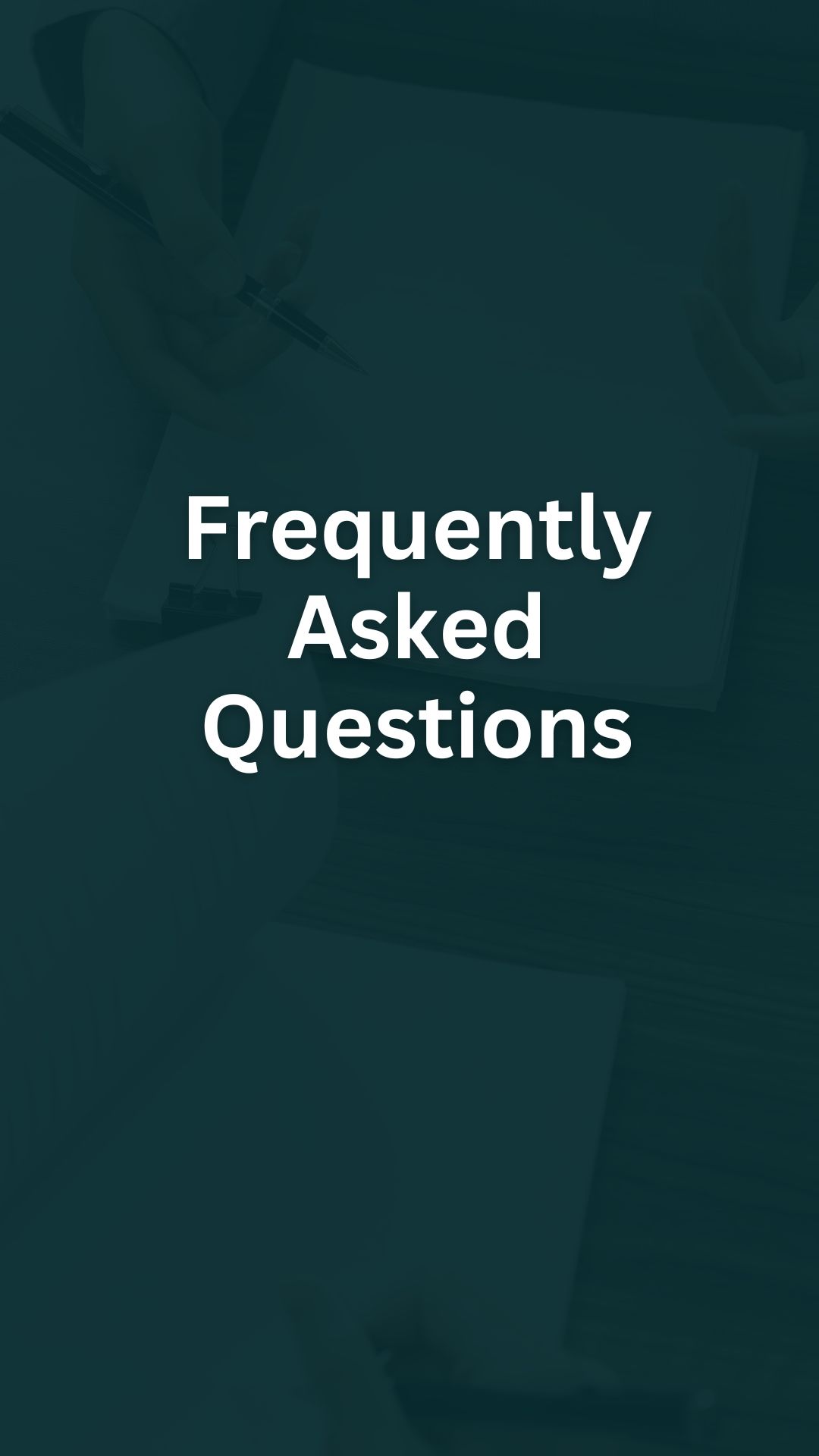
Frequently Asked Questions
Discover effective ways to boost your communication and interview techniques to make a lasting impression on hiring managers. Learn about valuable methods and courses that can enhance your performance and success in job interviews.
What are the top techniques for enhancing communication skills for interviews?
Practice active listening to understand questions better. Speak clearly and avoid using filler words like “um” or “uh”. Make eye contact and use positive body language to show confidence. You can also rehearse your answers to common questions to be more prepared.
Which courses can significantly boost interview performance?
Consider enrolling in public speaking or communication courses. Online platforms like Coursera and Udemy offer interview preparation classes. These courses cover everything from answering tough questions to improving your resume and cover letter.
How can hiring managers improve their interviewing methods?
Hiring managers should ask clear and concise questions. They should also create a welcoming environment to help candidates feel comfortable. Using structured interviews with a set list of questions ensures fairness and helps compare candidates more easily.
What is the STAR method, and how can it transform your interviewing strategy?
The STAR method stands for Situation, Task, Action, and Result. It helps you structure your answers by describing a specific situation, explaining the task required, detailing the action you took, and outlining the result. This method makes your answers more compelling and organized.
Can you name the 5 C’s of interviewing and their impact on interview success?
The 5 C’s are Competence, Confidence, Communication, Consistency, and Curiosity. Showing competence proves you have the skills for the job. Confidence demonstrates you believe in your abilities. Clear communication ensures you get your points across effectively. Consistency shows reliability, and curiosity indicates a willingness to learn and grow.
What are the most effective strategies to excel in job interviews?
Research the company and role before the interview.
Dress appropriately and arrive on time.
Practice common interview questions and have questions ready for the interviewer.
Be honest, and don’t be afraid to show your personality.
Always follow up with a thank-you email.